|
BLOG
Korte and Associates
News
GET THE LEGAL ASSISTANCE YOU REQUIRE AT THIS MOMENT
|
Are Eviction Records Public in Florida?

Understanding Florida's Public Eviction Records
Yes, eviction records in Florida are public. If you're facing an eviction or worried about how an eviction will affect your future, understanding how these records work is crucial to protecting your rights.
When a landlord files an eviction case against you in Florida, that case becomes part of the public court record. This means future landlords, employers conducting background checks, and anyone searching court records can find it—even if you win your case or the eviction is dismissed.
How Eviction Records Become Public in Florida
Eviction cases in Florida are filed in county court. Once the complaint is filed with the clerk of court, it becomes a public record that anyone can access. The eviction doesn't have to result in a judgment against you for it to appear on your record—the mere filing creates a public document.
These records stay in the court system indefinitely unless sealed by court order, which is extremely rare and difficult to obtain in Florida.
What Shows Up in Your Eviction Record
When someone searches for your eviction history, the public court record will typically show:
- Your name as the defendant
- The landlord's name (plaintiff)
- Property address where you lived
- Case number and date filed
- All court documents, motions, and filings
- The final judgment or outcome
- Any money owed or awarded
Even if your case was dismissed, settled before trial, or ruled in your favor, the record of the eviction filing remains public and can appear on tenant screening reports.
How Eviction Records Affect Your Future
Having an eviction on your record can make it significantly harder to rent in the future. Many landlords and property management companies conduct background checks that include searching court records for eviction history. Even if you were not at fault or successfully defended the case, the filing itself can raise concerns.
An eviction record can result in:
- Rental application denials
- Higher security deposits
- Requirements for co-signers
- Limited housing options
- Difficulty qualifying for certain government assistance programs
⚠️ Important
Once an eviction is filed, it's extremely difficult to remove from public records. The best strategy is to defend against the eviction before a judgment is entered. Acting quickly is critical.
Can You Remove an Eviction from Your Record in Florida?
Unfortunately, Florida does not have a standard legal process for sealing or expunging eviction records like it does for certain criminal records. Courts rarely seal eviction cases, and when they do, it typically requires exceptional circumstances and strong legal arguments.
Some tenants have successfully negotiated with landlords to dismiss or withdraw eviction cases before judgment, which can result in a better outcome on their record. However, even dismissed cases often remain visible in public court searches.
How Long Does an Eviction Stay on Your Record?
In Florida's court system, eviction records are maintained indefinitely. This means a case filed years ago can still be found through public record searches.
However, under the Fair Credit Reporting Act (FCRA), tenant screening companies can typically only report eviction judgments for seven years. This means that while the court record remains public forever, it may eventually stop appearing on standard tenant screening reports after seven years.
How to Find Out If You Have an Eviction on Your Record
You can search for eviction cases filed against you by visiting your county clerk of court's office or searching the county court's online records system. Many Florida counties offer free online access where you can search by your name.
You can also request a copy of your tenant screening report from companies that compile rental history to see what potential landlords might see when they run your background check.
Your Rights When Facing an Eviction in Florida
If you're being evicted, you have important legal rights under Florida law:
- Your landlord must provide proper written notice before filing an eviction
- You have the right to respond to the eviction complaint in court
- You can raise defenses such as improper notice, uninhabitable conditions, or retaliation
- You have five business days after being served to file a written response
- You may need to deposit rent into the court registry while fighting the eviction
Many tenants lose eviction cases not because they don't have valid defenses, but because they fail to respond properly or miss critical deadlines. Understanding the process and acting quickly can make the difference between losing your home and successfully defending your case.
Why You Need Legal Help
Florida eviction law is complex, with strict deadlines and procedures. Even small mistakes—like missing the five-day response deadline or failing to deposit rent into the court registry—can result in an automatic judgment against you.
An experienced eviction defense attorney can:
- Review your case for valid defenses
- Ensure all paperwork is filed correctly and on time
- Calculate the correct amount to deposit into court registry
- Negotiate with your landlord for dismissal or settlement
- Represent you in court hearings
- Help minimize the impact on your rental history
Facing an Eviction in Florida? Get Help Now
If you've been served with an eviction notice or complaint, time is critical. Our experienced eviction defense attorneys understand Florida tenant rights and can help you fight back. We'll review your case, identify your defenses, and work to protect your housing and your future rental prospects.
Don't let an eviction ruin your record. Contact us today for a consultation and learn how we can help you defend your case.
Contact Us
Will an eviction show up on my background check in Florida?
Yes, eviction records are public in Florida and will typically show up on tenant screening reports and background checks. Even if the case was dismissed or you won, the filing itself remains in court records and can appear when landlords search your rental history.
How long does an eviction stay on your record in Florida?
Eviction records remain in Florida court records indefinitely. However, under federal law (Fair Credit Reporting Act), tenant screening companies can generally only report eviction judgments for seven years. After that time, the eviction may stop appearing on standard background checks, though it remains in public court records.
What happens if I don't respond to an eviction notice in Florida?
If you don't respond to an eviction complaint within five business days after being served, the landlord can request a default judgment against you. This means you could lose your case automatically without ever presenting your side or raising any defenses. Always respond within the deadline, even if you plan to move out.


